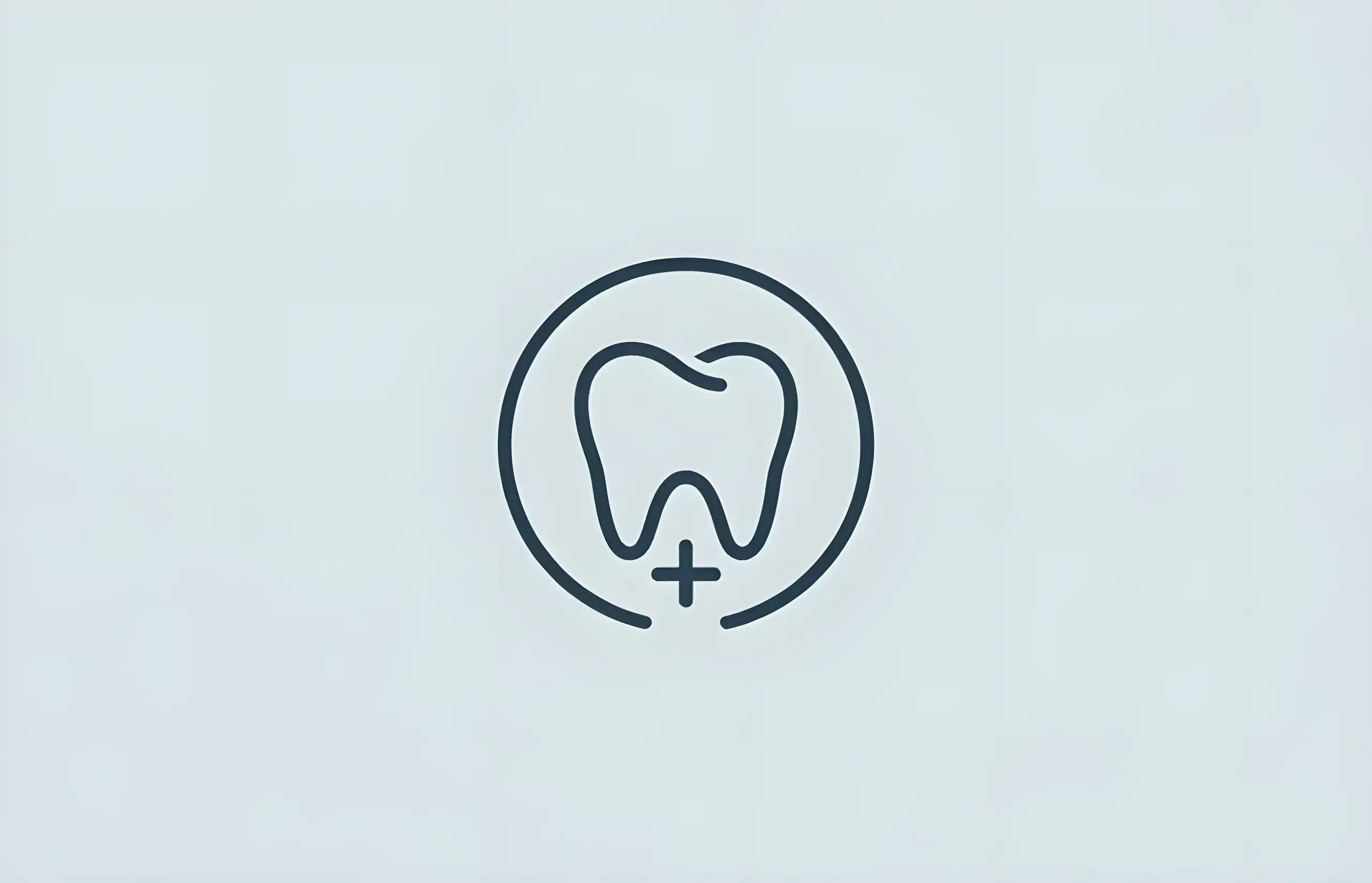One of the more popular cosmetic dental procedures is dental veneers. These provide an instant smile adjustment, giving patients a beautiful, bright smile in just moments.
Out of the many dental procedures used to enhance smiles, dental veneers are one of the safest. There is no recovery time at all, as patients can even drive themselves home after the procedure is done. If they were sedated, then they may need to take a few hours for the sedation to wear off, but otherwise, they should suffer no problems that require time to heal.
Yet there are some health concerns about veneers. With so many people having the procedure done, some isolated reports are appearing that state that there are problems associated with the procedure and that it is dangerous to undergo.
The fact is that is some risk involved. It is minimal to be sure, but dental patients still need to be aware of those risks before they commit to the procedure.
The most common risk is that of trying to have any dental procedure done on teeth and gums that are not healthy. It's one thing to cover up unsightly teeth, but when teeth look unpleasant due to poor health, it can mean that veneers are not an acceptable treatment method.
Keep in mind that veneers provide no health benefit to the patent. They may make them feel better about themselves, but they won't actually prevent or treat any medical condition.
There is also the risk that teeth will be very sensitive for several weeks folioing the procedure. If this occurs, then the procedure probably was not done properly. With so many dentists practicing dental veneer placement, it can be easy for some of them to slip up or to forgo the proper training for this in-demand procedure. That can lead to botched procedures and patients who feel miserable because their veneers were not placed on properly.
Now, improper placement of the veneer can be fixed by having them reset, but patients should try to have them done by someone other than the dentist who botched the job in the first place. To prevent the risk of this kind of thing happening, consumers can be cautious about who they ask to place their veneers for them.
They can also reduce their risks by taking good care of their teeth before and after the veneers are placed. If they eat food that is too hard, such as caramel apples, hard candy and other very hard substances, then they can damage the veneers and their teeth. Regular brushing and flossing is also important to protect the teeth and gums.
In some cases, removal of the enamel during the veneer treatment can cause teeth sensitivity. If you believe you have very sensitive teeth, you may ask the dental professional to go with a no-prep treatment that requires very little enamel removal. But for the most part, dental veneers are extremely safe and you should have nothing to worry about.
Sources and References
-
[1]
Long-Term Survival and Complication Rates of Porcelain Laminate Veneers in Clinical Studies: A Systematic ReviewJournal of Clinical Medicinehttps://pmc.ncbi.nlm.nih.gov/articles/PMC7961608/
-
[2]
Risk Factors with Porcelain Laminate Veneers Experienced during Cementation: A ReviewMaterials (Basel)https://pmc.ncbi.nlm.nih.gov/articles/PMC10381715/
-
[3]
The Success of Dental Veneers According To Preparation Design and Material TypeOpen Access Macedonian Journal of Medical Scienceshttps://pmc.ncbi.nlm.nih.gov/articles/PMC6311473/
-
[4]
Survival Rates for Porcelain Laminate Veneers: A Systematic ReviewInternational Journal of Prosthodonticshttps://pubmed.ncbi.nlm.nih.gov/33003243/
-
[5]
Gingival health associated with porcelain veneers on maxillary incisorsJournal of Prosthetic Dentistryhttps://pubmed.ncbi.nlm.nih.gov/1812967/
All sources accessed and verified on . Medical information reviewed for accuracy and compliance with current guidelines.
Related Articles
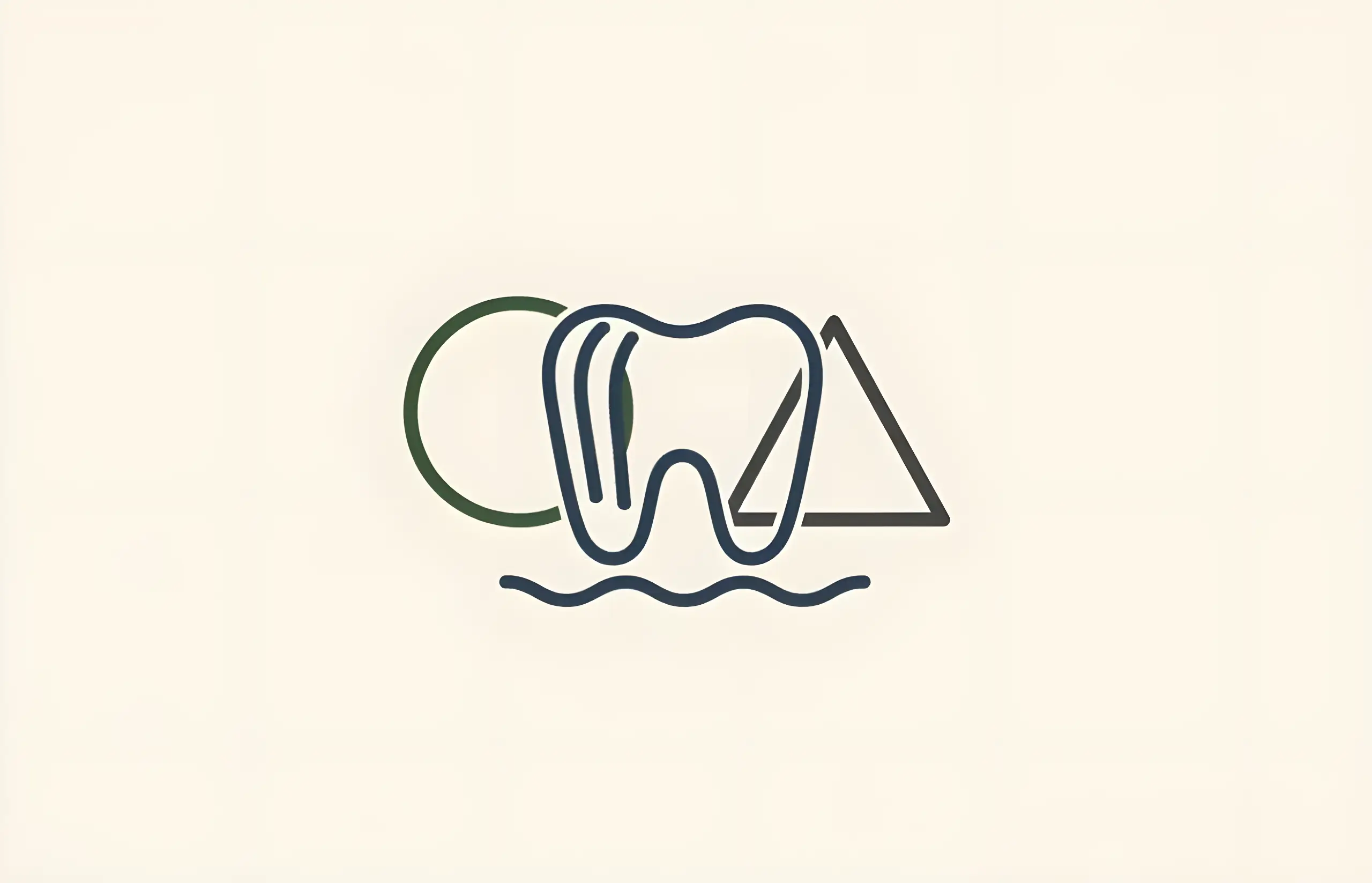
Alternatives to Veneers
Comprehensive guide to cosmetic dentistry alternatives to veneers, including teeth whitening, microabrasion, orthodontics, tooth recontouring, and dental bonding

Are Veneers Bad for Your Teeth?
Comprehensive guide to how veneers affect your teeth, including enamel removal, long-term effects, proper placement, and important considerations
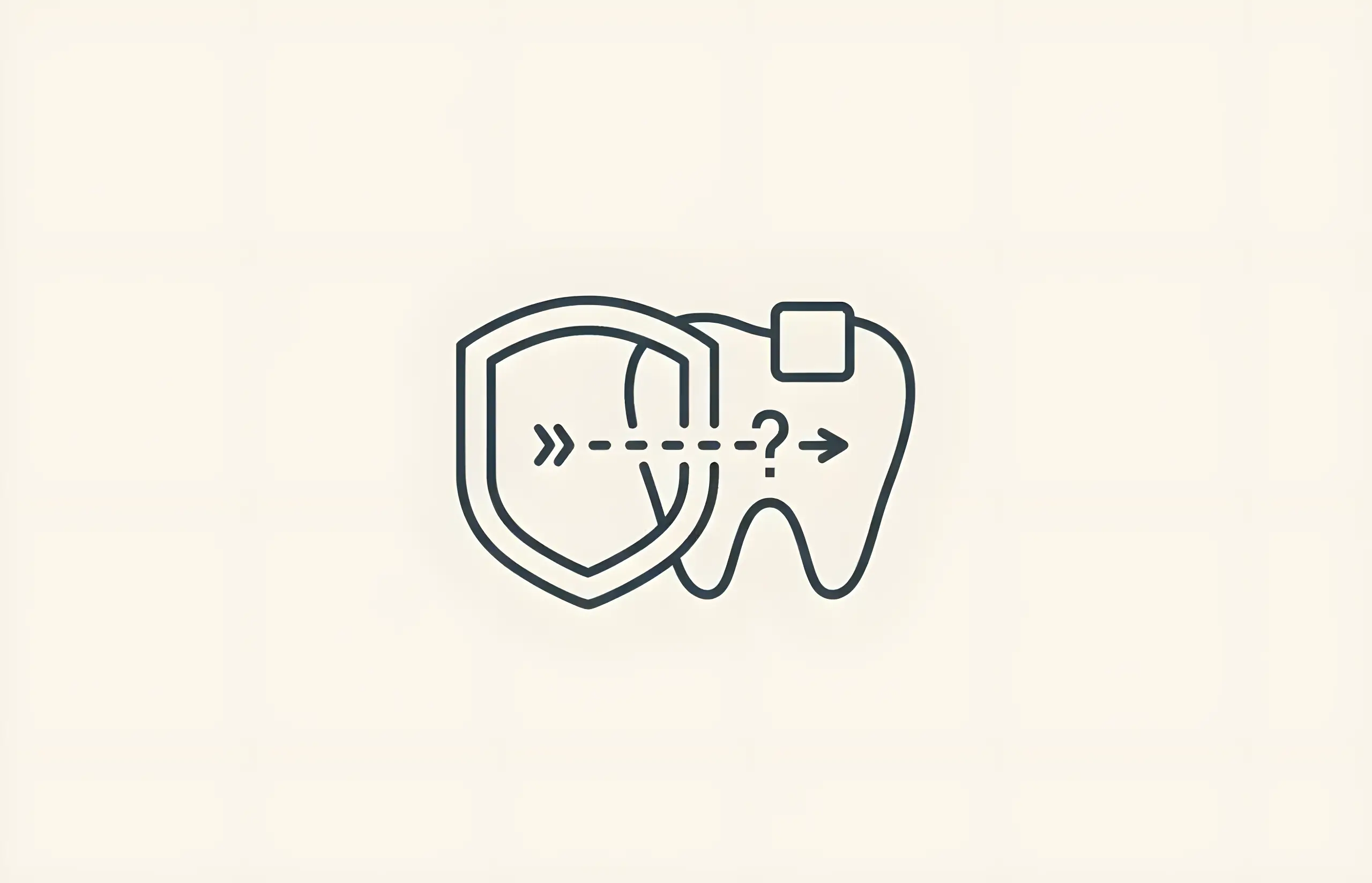
Are Veneers Covered By Dental Insurance?
Complete guide to dental veneer insurance coverage, when veneers may be covered, costs without insurance, and other dental procedures typically covered by insurance
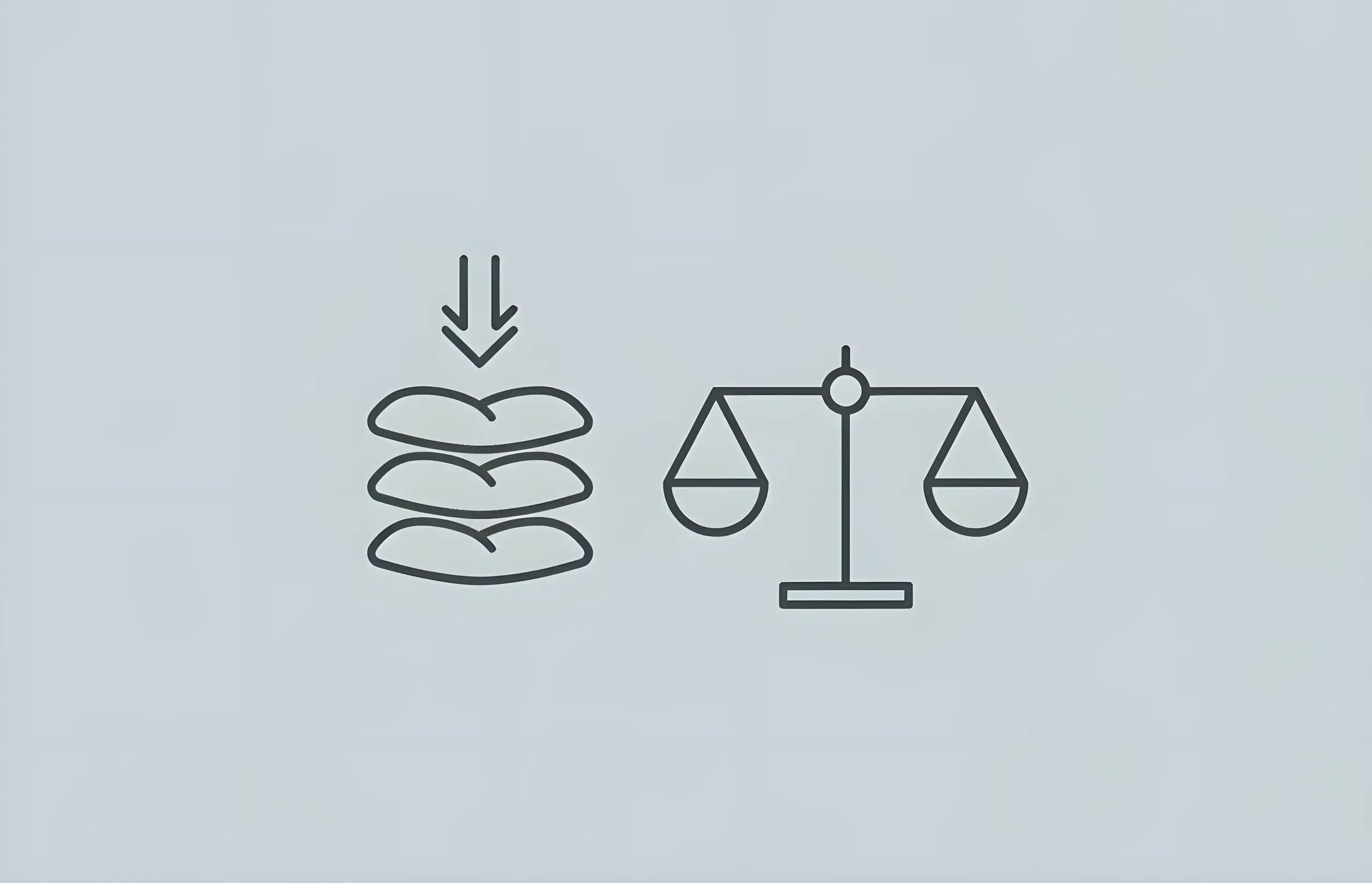
How Much Do Composite Veneers Cost?
A comprehensive guide to composite veneer costs, comparing prices with porcelain veneers and understanding what affects the price

Composite Veneers vs Porcelain Veneers
Comprehensive comparison of composite and porcelain veneers including costs, longevity, aesthetic results, treatment procedures, and which option is best for your smile transformation

How Much Do Dental Veneers Cost in the UK?
Comprehensive guide to dental veneers including history, materials (composite, porcelain, lithium disilicate), treatment process, costs (£200-£1000 per tooth), longevity, care instructions, and cost factors

Do Veneers Fall Off?
Comprehensive guide to veneer longevity including survival rates, causes of debonding and failure, composite vs porcelain durability, prevention strategies, and how to protect your veneers
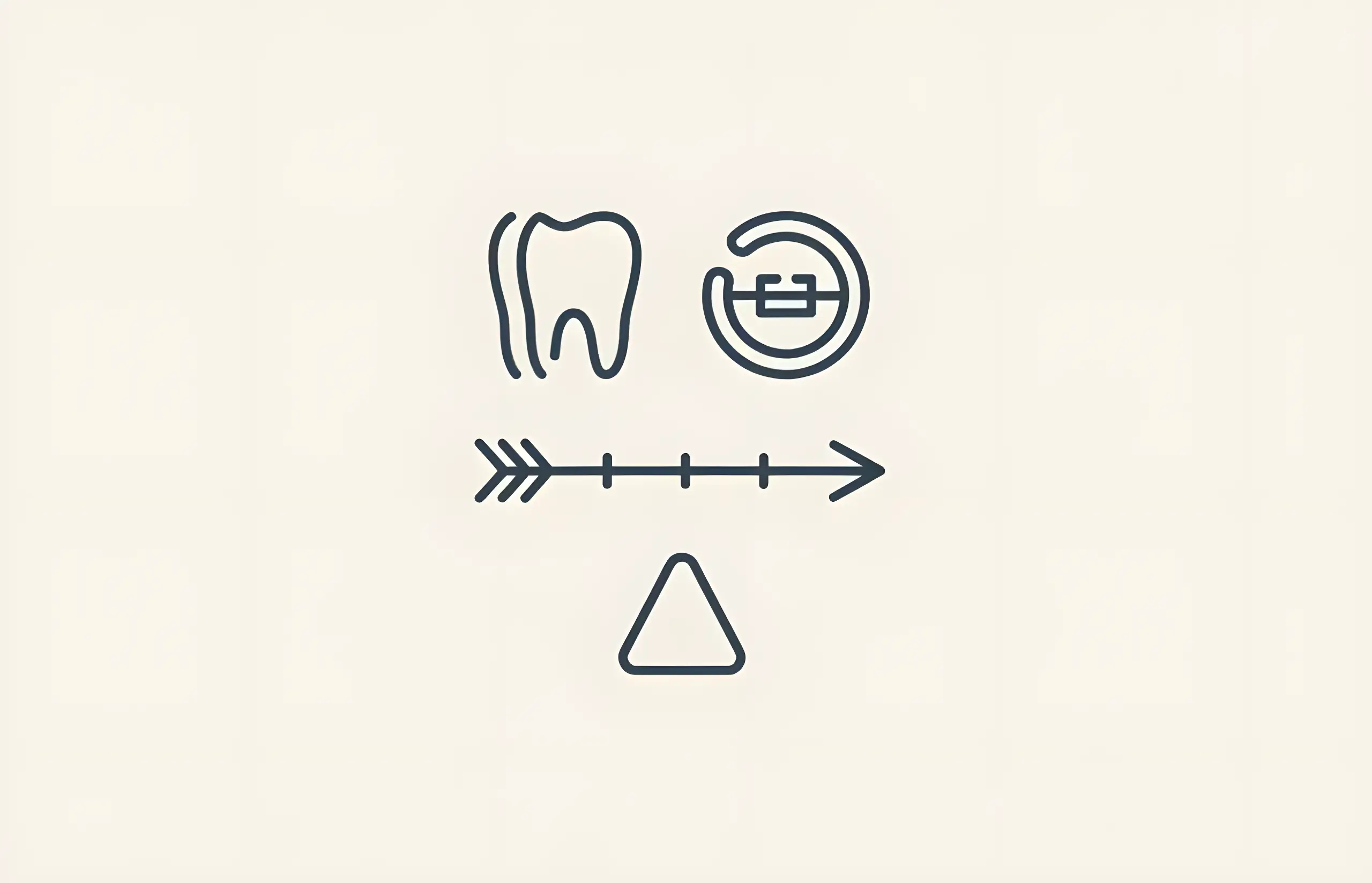
How Long Do Veneers Last?
Comprehensive guide to veneer longevity including survival rates, replacement considerations, irreversible enamel removal, color stability issues, and alternative restoration options
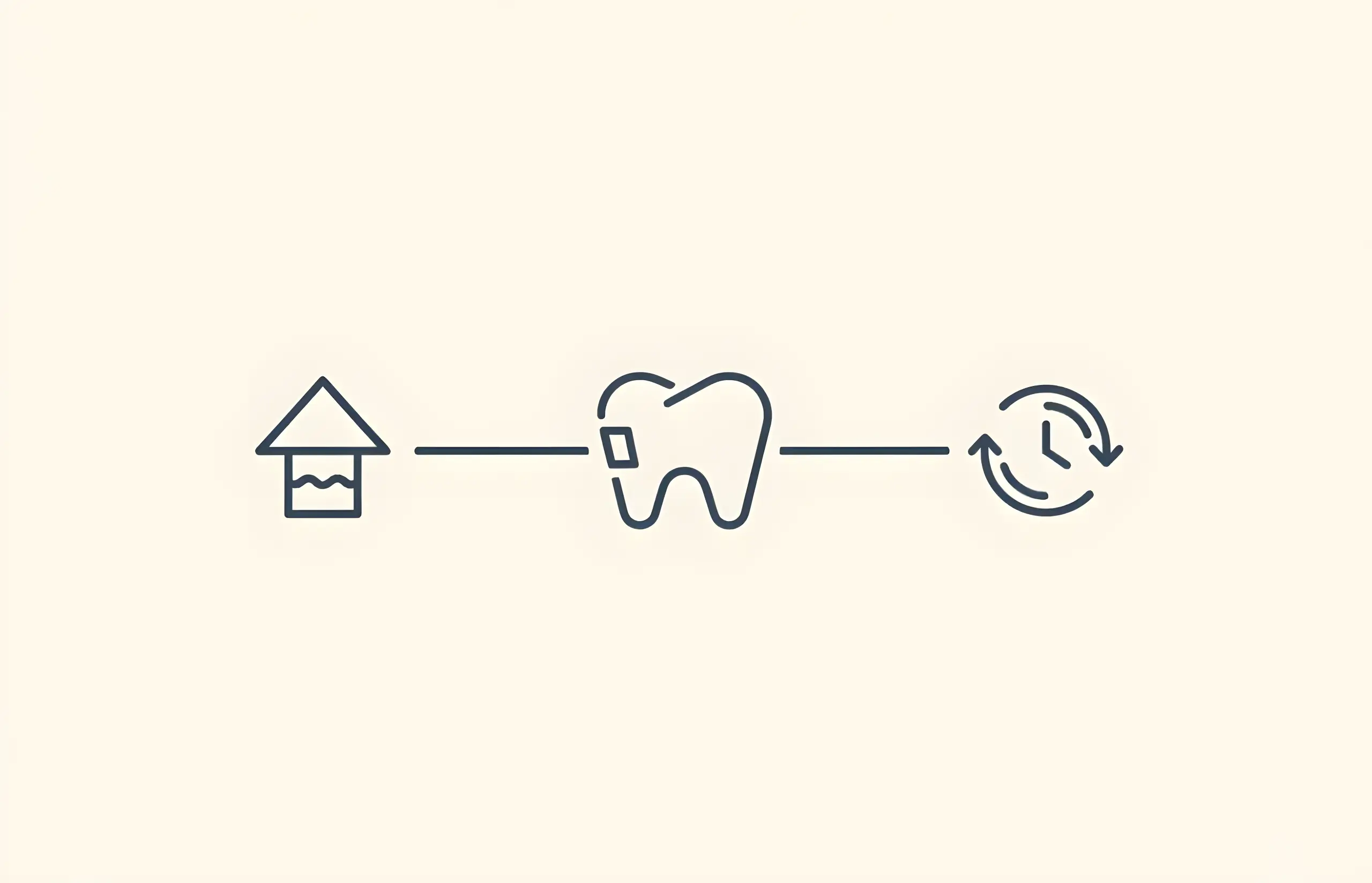
How Long Does It Take To Get Dental Veneers Fitted?
Complete Timeline Guide (3-4 Weeks Total, 94.4% Survival at 5 Years, 93.5% at 10 Years)
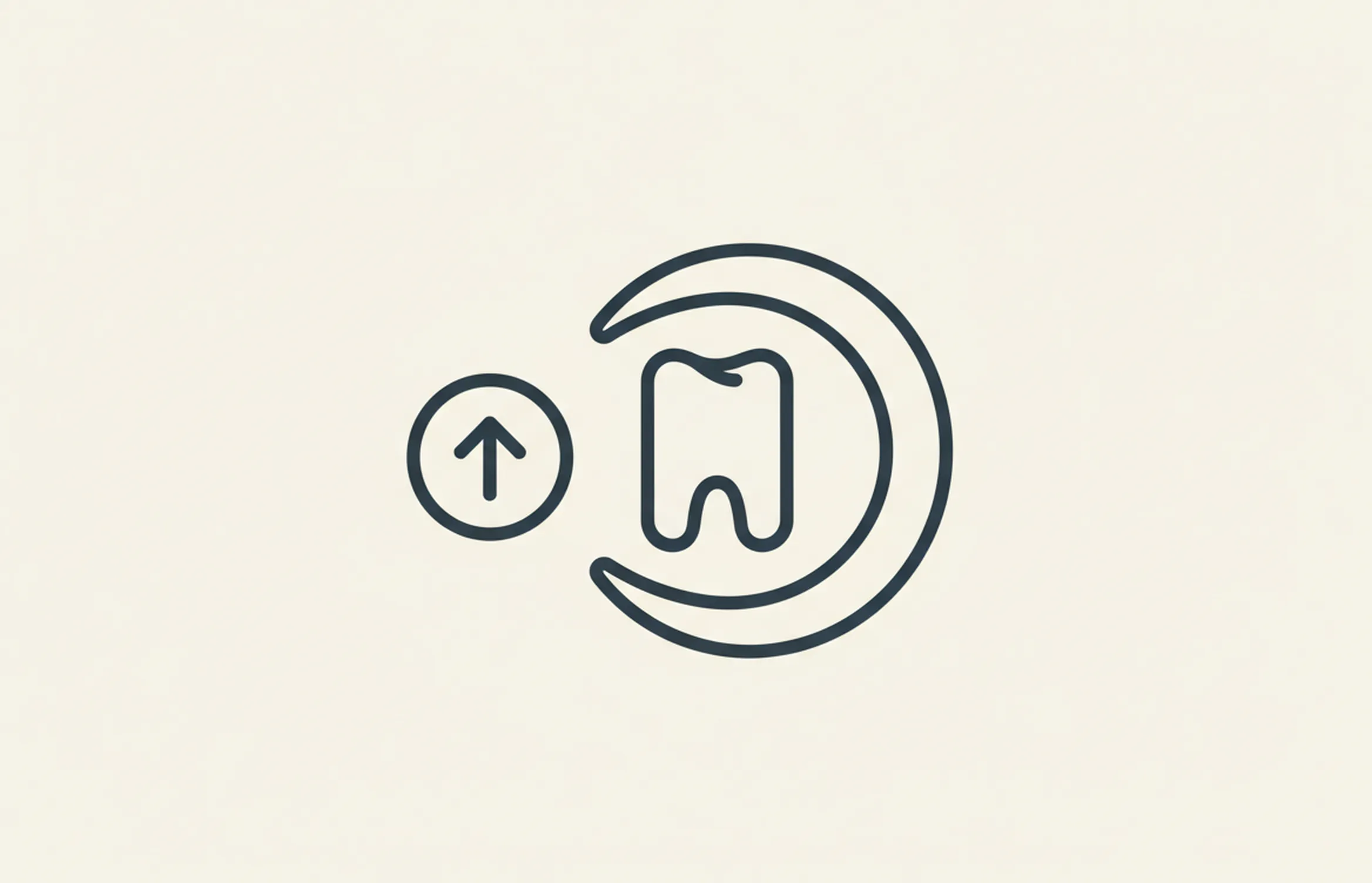
How Old Do You Have To Be To Get Veneers?
Comprehensive guide to age requirements for dental veneers, tooth development considerations, adolescent veneers, enamel bonding requirements, and factors affecting veneer candidacy
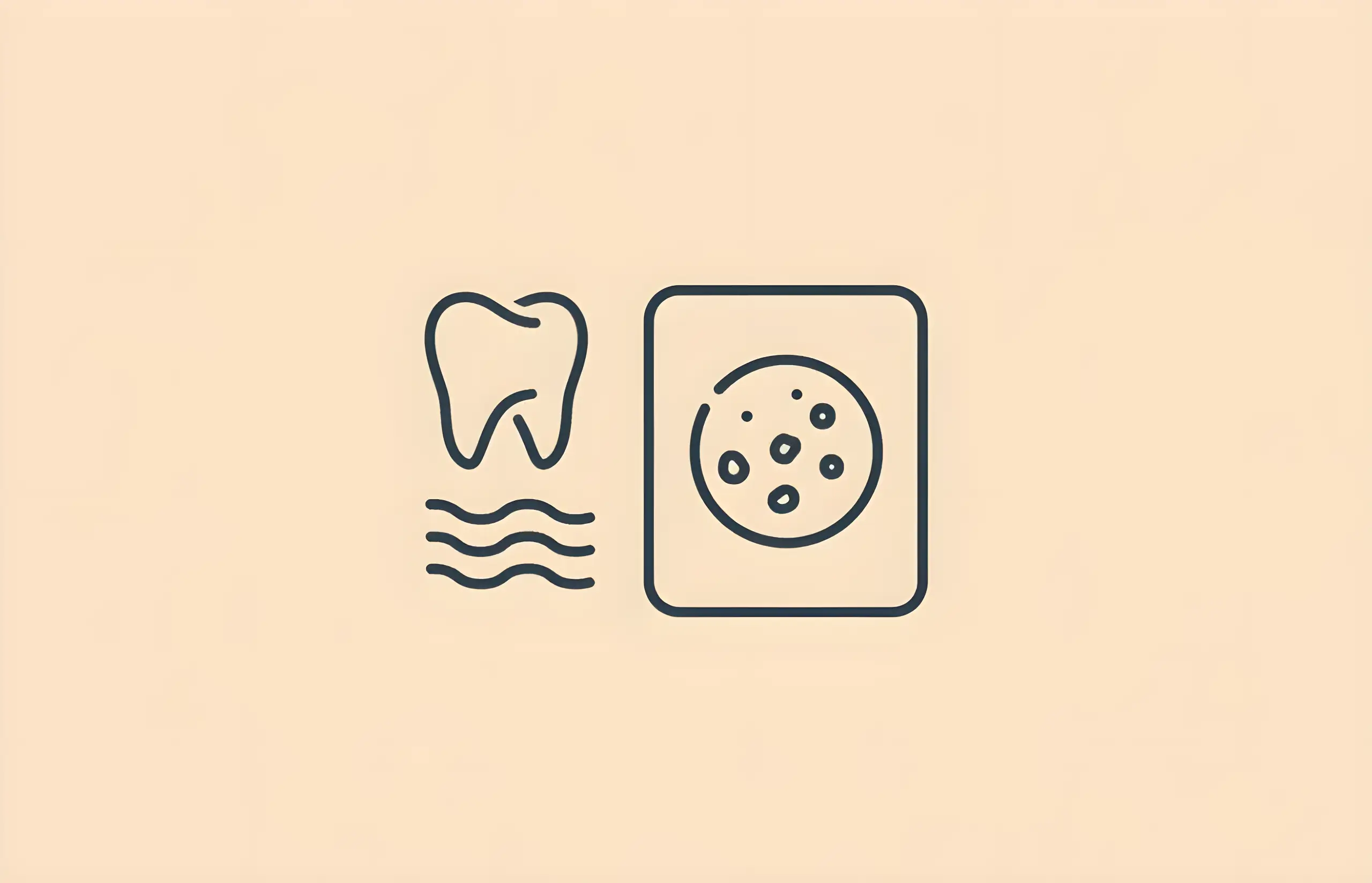
Do Porcelain Veneers Stain?
Comprehensive guide to porcelain veneers staining resistance, marginal discoloration (most common complication), color stability compared to composite, beverage effects (Coca-Cola worst, coffee second), surface roughness impact, and prevention strategies

The Pros and Cons of Veneers
Learn about the advantages and disadvantages of porcelain veneers including improved appearance, durability, stain resistance, cost, maintenance, and who is a suitable candidate
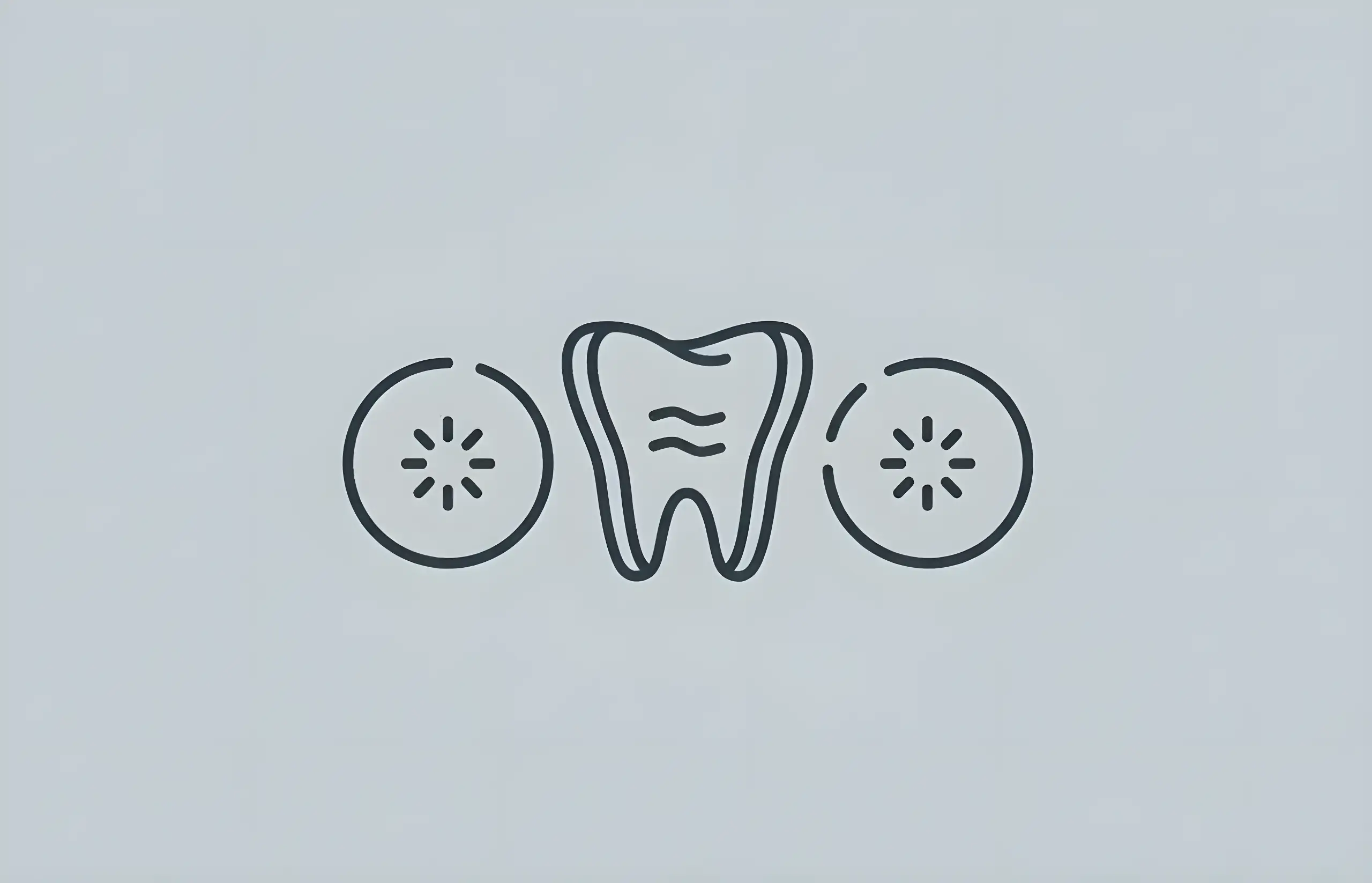
Sensitive Teeth After Veneers
Understanding causes, treatment options, and what to expect when experiencing tooth sensitivity after veneer placement

Different Types of Veneers
Comprehensive guide to veneer types including porcelain, composite, instant, and removable veneers with survival rates, costs, pros and cons, and how to choose the right option

Veneers For Front Teeth Gap
How porcelain veneers can effectively close diastema and improve your smile with a permanent, natural-looking solution

Veneers For Underbite Correction
Learn about using veneers for underbite correction including what underbites are, how veneers can help in mild cases, possible problems, and alternative treatment options
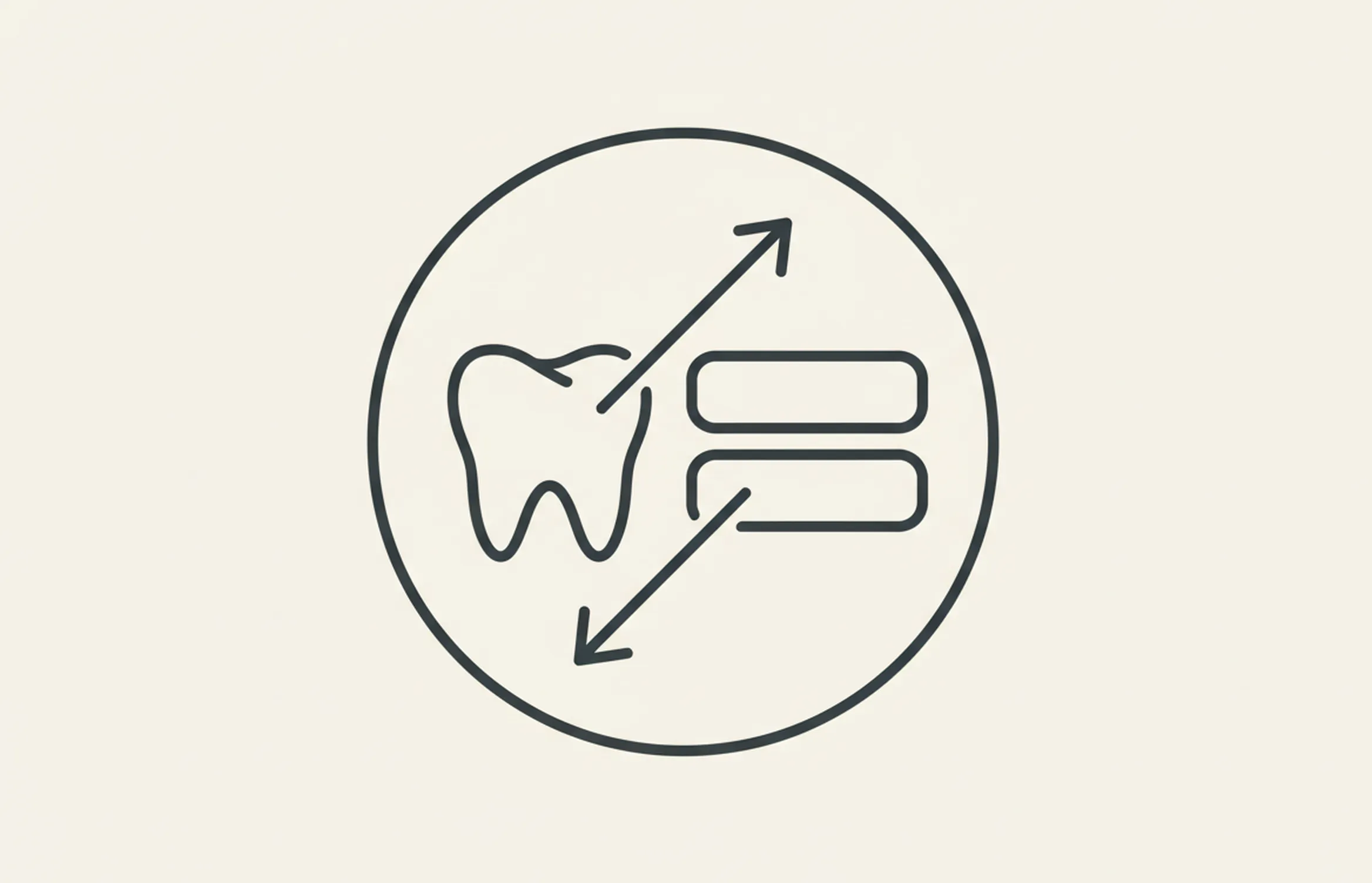
Can You Get Veneers With Crooked Teeth?
Comprehensive guide to using veneers for crooked teeth, including when they work, limitations, material options, and alternative orthodontic treatments
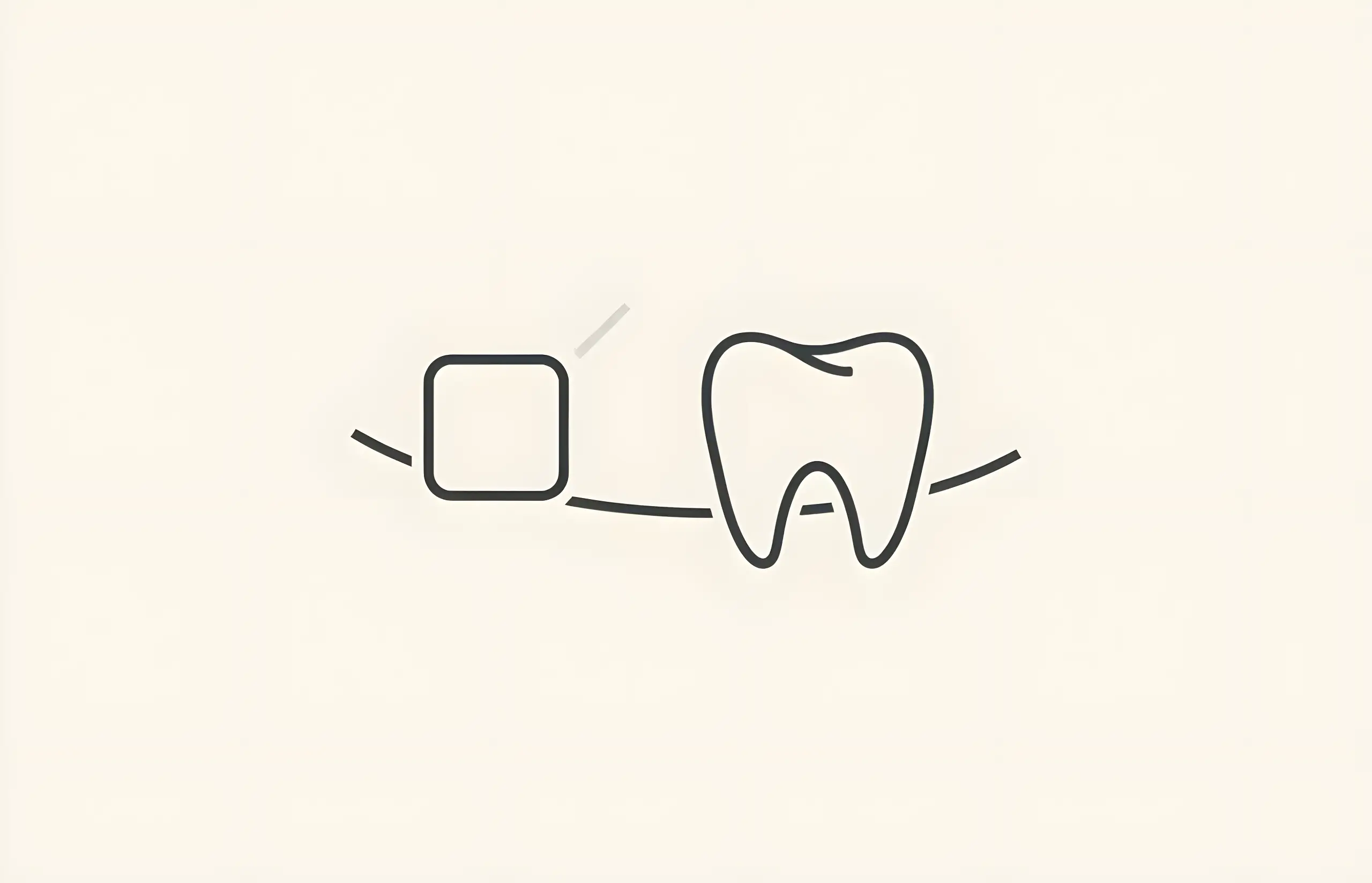
Can You Get Veneers With Missing Teeth?
Complete guide to veneers and missing teeth including why veneers cannot replace missing teeth, treatment limitations, and effective tooth replacement options
About The Dental Guide
The Dental Guide is a trusted online resource providing evidence-based information about dental health, treatments, and procedures. Our content is created and reviewed by qualified dental professionals to help you make informed decisions about your oral health.
Our Mission
- Evidence-based dental information
- Expert-reviewed content
- Clear, accessible explanations
- Latest treatment options
- Patient-focused guidance
Editorial Standards
- GDC-registered dental professionals
- Peer-reviewed sources
- Regular content updates
- Medical accuracy verification
- Transparent authorship
Important Notice
The information on The Dental Guide is for educational purposes only and should not replace professional dental advice. Always consult with a qualified dentist for diagnosis and treatment recommendations tailored to your individual needs and circumstances.
Medically Reviewed
Reviewed by Dr. Nasim Mechoui , BDS (Bristol)
Share this article
Comments & Discussion
Have questions about dental implants? Share your thoughts or experiences.
